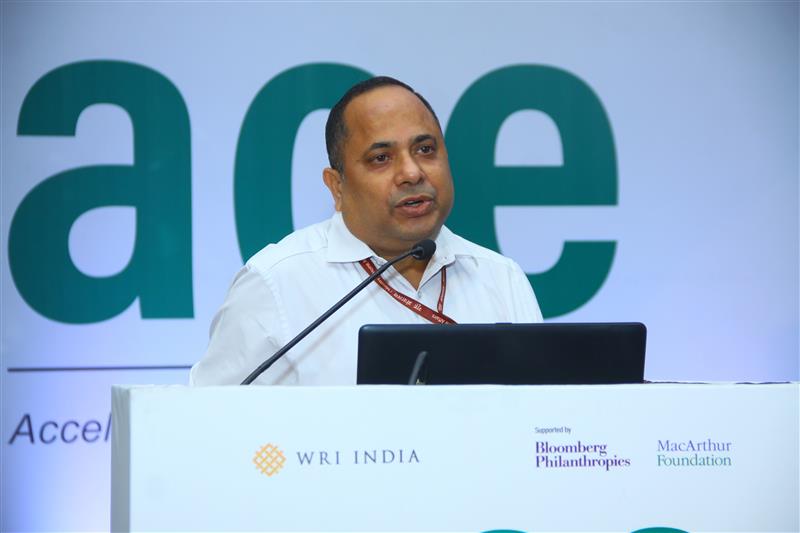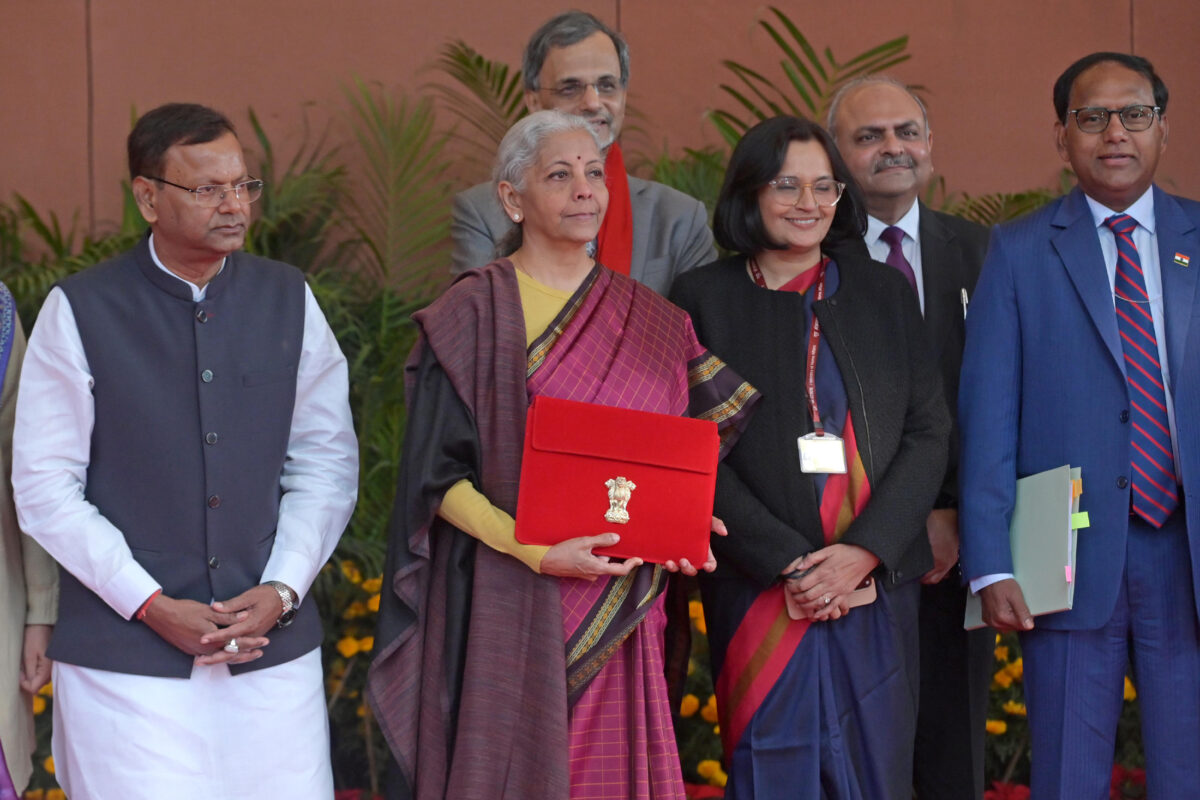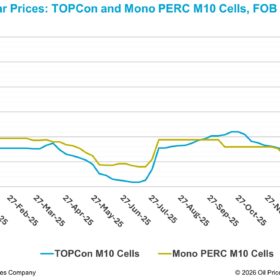The World Resources Institute (WRI) India hosted its two-day annual event Accelerating Clean Energy in India, or ACE 2022, in Delhi this week. At the meet, leaders across the energy sector emphasized the need to enhance India’s share of renewable energy, both to mitigate climate change and to attain energy security at ACE 2022.
“India must focus on energy security, energy independence, and energy reliability to the consumers, even while focusing on energy transition,” said Ghanshyam Prasad, chairman of Central Electricity Authority. “Commercial and Industrial (C&I) have an opportunity to consume renewables to attain the green tag.”
A recent report by WRI found a dominant preference for on-site RE solutions among both corporate and SME users, whereas open-access (OA) off-site projects are more popular with large corporations. The report attributes this difference to the procedural complexities of OA transactions, the larger capital availability in corporations, and the need to meet larger energy demands.
The report also found that the awareness of green tariffs (GTs) in the commercial and industrial sector is strikingly low, with up to 82% of corporate consumers and up to 94% of SMEs unaware of GTs as a concept and desirous of proof of concept before committing. [Through GTs, C&I consumers can opt to buy RE electricity directly from Discoms by paying a premium to the utilities.] The WRI report found that 62% of corporate consumers and 55% of SME consumers were unwilling to pay any premium for GTs.
Based on these and other findings, the report recommends key measures for organizations, Discoms, and state energy departments.
On Day 1, sessions at ACE 2022 included enablers of energy transition in India, offshore wind, the role of states’ RE agencies in India’s energy transition, and scaling energy transition in Indian cities.
Day two of ACE 2022 would include sessions on creating effective finance models for newer forms of renewables technology, like distributed renewable energy; pathways to deep decarbonize heavy industries; and tools that power distribution companies could use to effectively handle the impending surge in energy demand from electric vehicles on their grids.
This content is protected by copyright and may not be reused. If you want to cooperate with us and would like to reuse some of our content, please contact: editors@pv-magazine.com.









Despite its focus on energy transit, India must prioritize energy security, energy independence, and energy reliability for a greener future!